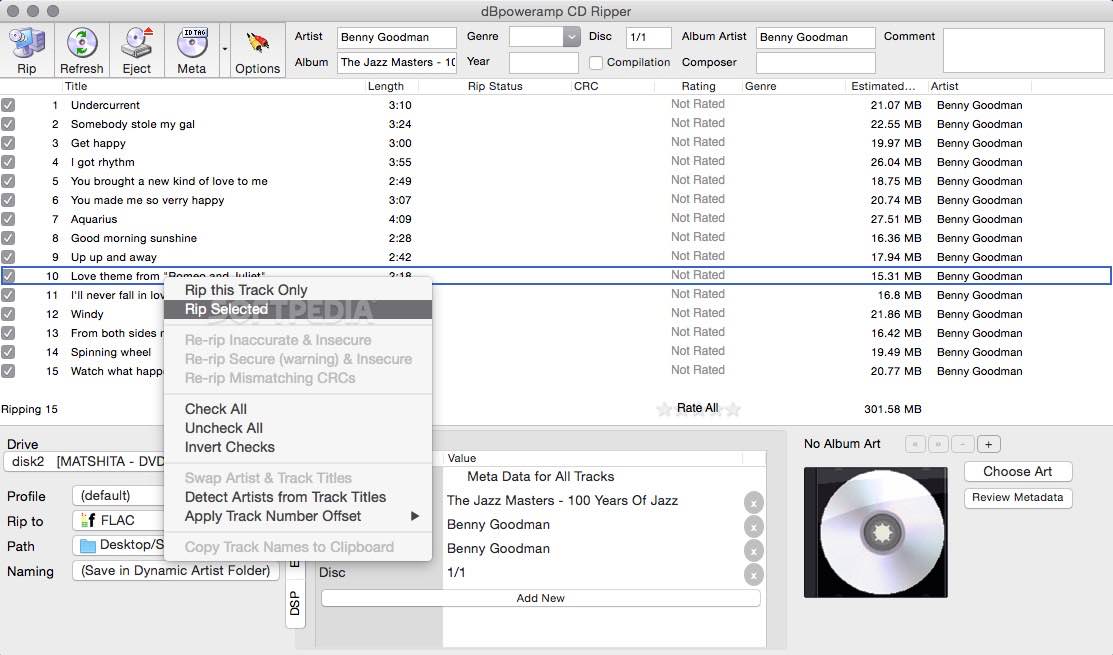

Some of these cables are extremely expensive with price tags of hundreds to thousands. But where is the evidence for such beliefs beyond subjective "impressions"?Īn industry has developed around digital cables of all sorts. Some talk of jitter being inherently different between cables, some that perhaps electrical noise will disrupt the phase transitions in a digital signal to worsen this jitter and perhaps degrade the bits. In fact, there has never been a plausible explanation provided by the supporters of different digital cables. For some reason, some people seem to forget the above and believe that different digital cables make a difference to sound even when there is no disagreement that bit-perfect data is being transmitted down the pipe in digital form. Let us turn our attention to "digital cables". Furthermore "bit-perfect" ripping is routinely done (obviously to the horror of the music industry over the last few decades) and the result is literally innumerably perfect copies.

Small imperfections in the plastic or aluminum 'pits' do not lead to audible anomalies thanks to the Reed-Solomon error correction of the digital data. Furthermore, there is no way to replicate the music in 'perfect' form as a result (unless you digitize it of course but only to the quality of the LP playback gear and ADC).Īs we know, the CD technology (~30 years old now!) is different. Even if you keep it in pristine condition, the ravages of time and environmental factors will take its toll on the material itself in large or small ways.
Dbpoweramp music converter 16.5 registered free#
Each LP is slightly different in terms of being free from warping or (hopefully) minor groove imperfections from the moment it leaves the pressing plant (even the quality of each stamper used varies by generation and age), each time the LP is played, a little bit of damage happens to it so every playback will be different. For example, if we think about the main "container" of consumer high quality analogue music today - the LP / vinyl - nothing can be considered 'perfect'. In doing so, we can speak of "bit-perfect" transmission of audio data in a way which is impossible in the analogue realm. As I noted previously, the purpose of going digital has to do with prevention of signal corruption.


 0 kommentar(er)
0 kommentar(er)
